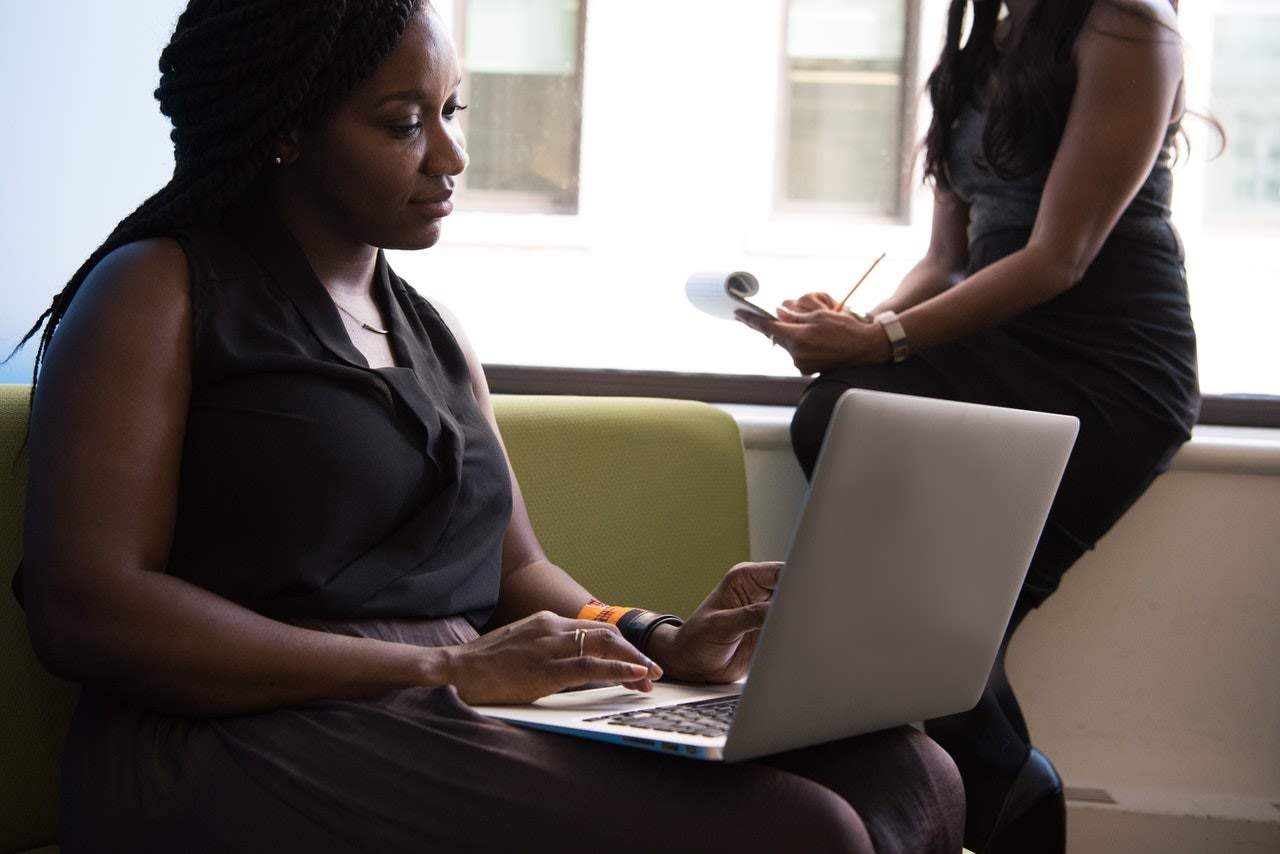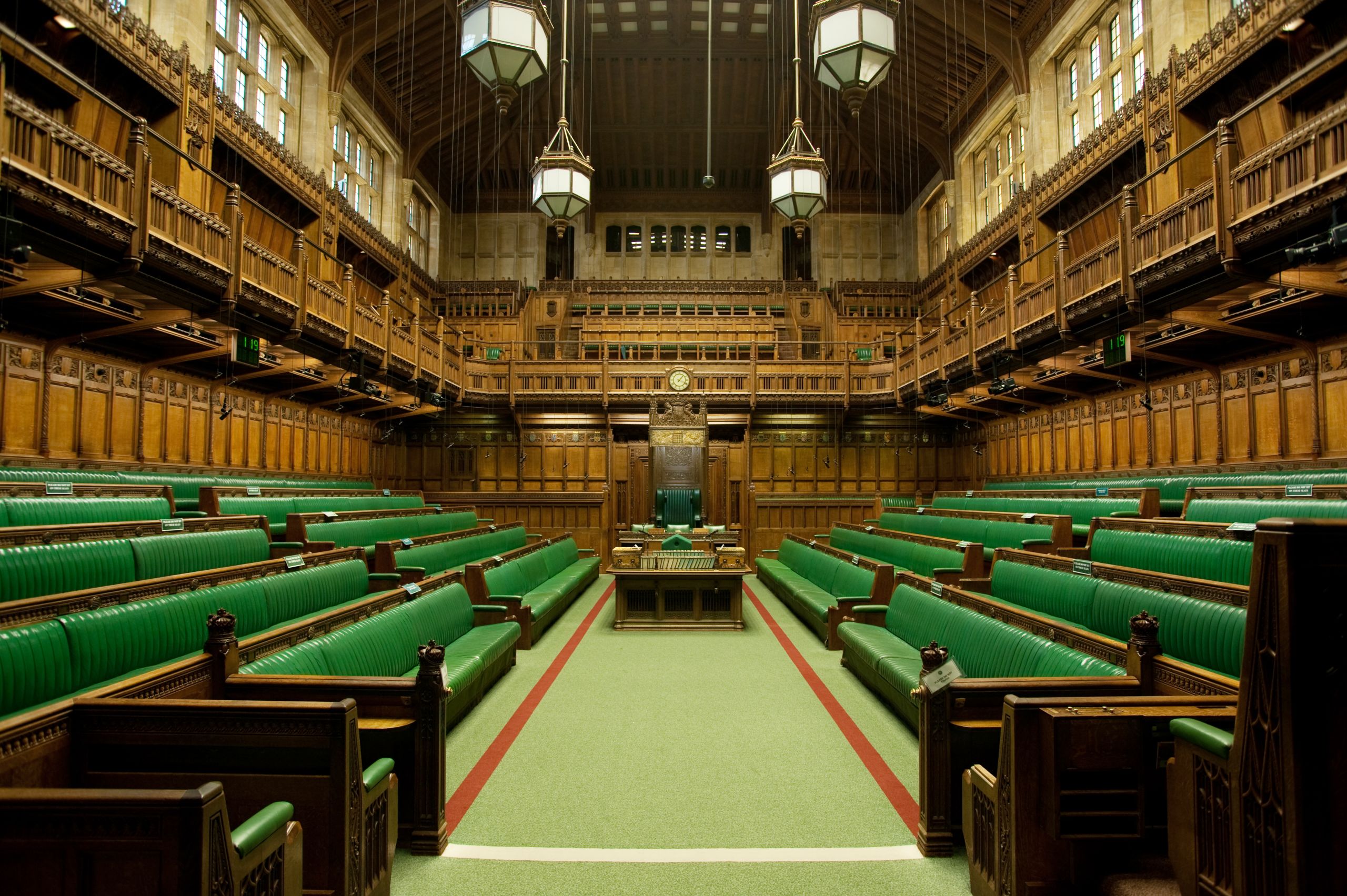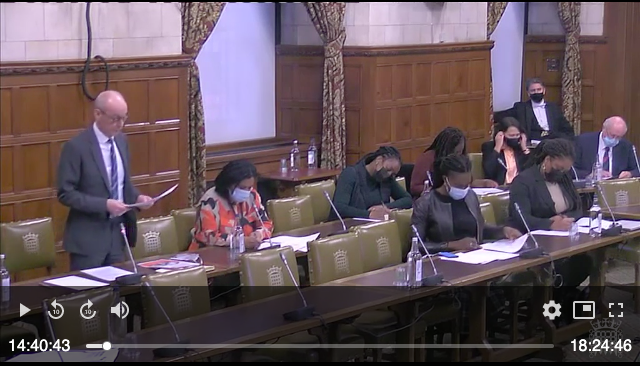Treatment of sickle cell
Westminster Hall debate
Pat McFadden MP

On 8 December 2021, Pat McFadden MP led a Westminster Hall debate on the treatment of sickle cell.
To inform his debate, he asked to hear about your experiences:
"I’d like to thank each and every person who shared their experiences with me for this debate.
"I’ve had some really thoughtful responses from lots of different people including those living with sickle cell, their loved ones, as well as some healthcare professionals.
"Among the responses are some really interesting ideas for how treatment and diagnosis for the condition could be improved.
"These will all be very useful for me to reflect on as I prepare for the debate.
"I hope you get the chance to watch it and read the transcript – the links are available below. Thanks again."

The debate
Pat McFadden opened the debate, and thanked everyone who had contributed.
Several other MPs made speeches, sharing experiences and putting forward suggestions to the Government.
- Click on the MP to jump to their speech ⬇️
- Watch the full debate or read the transcript
- Read about the Government's response.


Watch the full debate:
Please note that at 15:00 the debate was suspended for 46 minutes. It then resumed at 15:46:40 - click here to watch from this point.
- You can read the transcript of the debate on Hansard.
The Government's response

Health Minister Maria Caulfield MP responded to the debate on behalf of the Government. She addressed the current policy agenda and future ambitions related to the treatment of sickle cell.
Watch or read her full speech for details on a range of topics including:
- The development of 10 haemoglobinopathy co-ordinating centres for sickle cell disease care in England, with clinical leadership and co-ordination from the National Haemoglobinopathy Panel
- Funding for a national register of sickle cell patients, enabling GPs and hospitals to identify those living with sickle cell in their local communities, and plan resources and services accordingly
- Recent changes to the medical curriculum to include modules on sickle cell and thalassaemia as core competencies
- Additional training and education on sickle cell for healthcare professionals
- Updates on NHS Blood and Transplant services for individuals with sickle cell
- The recently established Office for Health Improvement and Disparities and the NHS Race and Health Observatory (NHSRHO) which focus on health disparities and ethnic health inequalities
NHSRHO Press release: NHS Race and Health Observatory appoints sickle cell expert (19 November 2021)
- Funding available for research from the National Institute for Health Research (NIHR)
- Reducing the cost of prescriptions with prescription prepayment certificates.

What is a Westminster Hall debate?
Westminster Hall debates take place in the Grand Committee Room in the House of Commons.
They give MPs an opportunity to raise local or national issues and receive a response from a government minister.
Debates in Westminster Hall take place on ‘general debate' motions expressed in neutral terms. These motions are worded ‘That this House has considered [a specific matter]'.
How Parliament works: Westminster Hall debates.
How your contributions are shared
In these exercises, members of the public who have signed relevant petitions are invited to share their experiences and ideas.
These are passed on to the MP leading the debate, who may refer to them directly in their speeches.
Find other petitions on the Petitions website, or see more examples of public contributions being used in debates below.
What happens next?
If you shared your email in the survey, we’ll send you an update after the debate with links to watch it, read the transcript, and information about the Government's response.

Parliamentary materials
Debates, Oral Questions and Oral Statements
Search hansard.parliament.uk for debates, oral statements, oral questions and more.
Written Questions and Written Statements
Search questions-statements.parliament.uk for written questions, answers and statements.
Select Committees
Search committees.parliament.uk for committees, their inquiries and publications.
Get involved
Visiting Parliament, education resources and more


Photo credit: UK Parliament/Jessica Taylor
